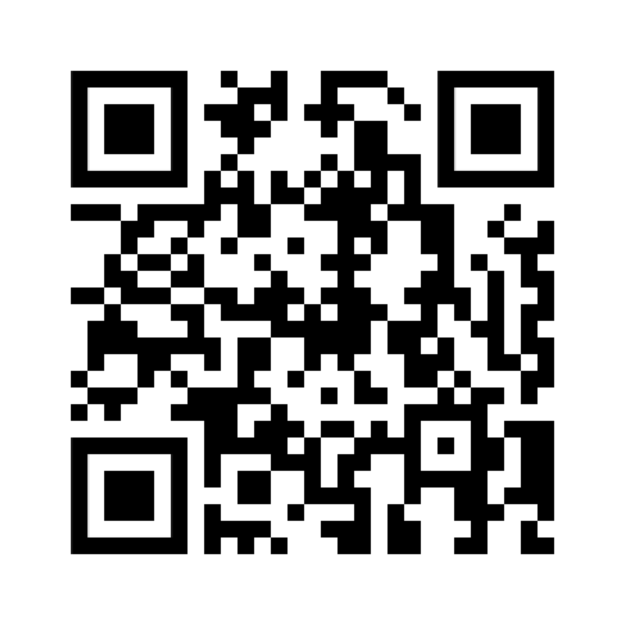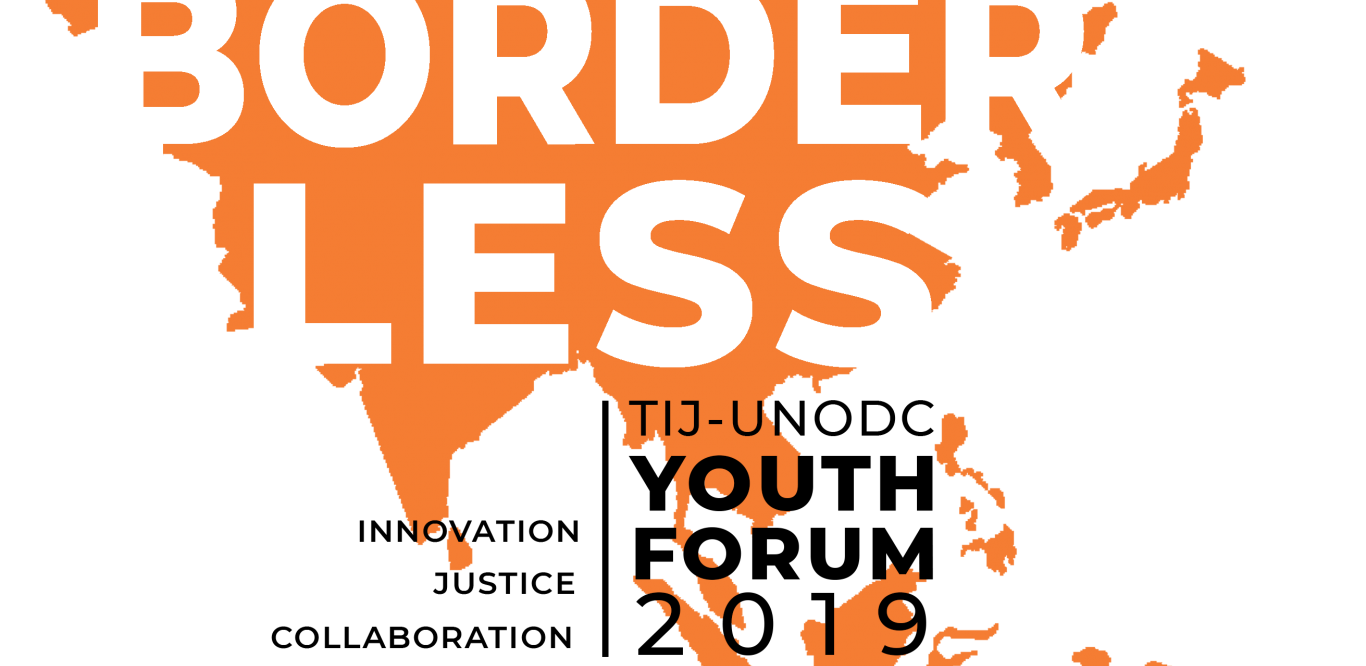Creating change starts somewhere and it could be right where you are now!

Thailand Institute of Justice, in partnership with the United Nations Office of Drugs and Crimes, invites youth from Asia Pacific to join us on the first ever Youth Forum. This Forum adopts techniques taught at Design Across Borders, a Stanford d.school class. This technique allows participants to dive deep into local justice challenges, empathize with local experts, flip and reframe the problems with design thinking tools, flex your creative muscles and, with international teammates, innovate out-of-the-box solutions which might help shape the future of justice we want to see in our community.
Challenges in focus:
We selected 3 big topics that are pressing issues throughout the Asia Pacific
- Social Reintegration: ex-prisoners, ex-offenders
Ex-prisoners and ex-offenders are those who have served their sentence and have faced punishment. Yet, things do not end there. There are statistics available which show that ex-prisoners often reoffend due to social stigma that leads to, among other things, unemployment. What can we do to end the vicious loop and help ex-prisoners to reintegrate back into their community and be accepted?
- Gender-based violence: women, LGBT+
A high number of women and LGBT+ people often face various forms of violence - physical, sexual, or mental - due to their gender identity and their sexual orientation. Women, for instance, are more prone to face intimate partner violence. In some countries women up to 70 percent have faced violence from their partners in their lifetime. What can we do to lessen, or to end the gender-based violence?
- Access to justice for vulnerable groups: the poor, the disabled and refugees
Certain groups of people are more vulnerable than others in terms of their access to justice. People in poverty, persons with disabilities, refugees, or migrants, often have more difficulty in accessing justice. For instance, do we have laws available in braille? How to ensure that an illiterate person have complete information about the contract they are to sign? What can we do to enable more access to justice for all?
How are we doing it borderless-ly?
It is the first ever justice Youth Forum hosted using the Design Across Borders technique pioneered by our organizing team at the Stanford d.school.
This is the process in a nutshell:
- Stay on the ground: We believe that the best way to get information about social challenges is to talk to local people and issue experts. Therefore, you will stay in their respective areas while we provide you with the tools and local experts to emphasize and dive deep into the pain points of the challenges. This also means no language barrier and more insightful information!
- Learning with international crowd: You will be assigned to a team of (maximum) 5 international members. Before the session begins, you will be introduced to your international teammates who share interests in the same challenge as you. The team will get to share knowledge and experiences that they have learned from local people and local experts through digital means, and help each other understand the nuances of the challenges through international lenses. With our carefully crafted design thinking tools, we will help you systematically navigate through the complexity of the problem, reframe the challenges, and flex your creative skills to innovate for solutions that could have a potential to shape the future of our community.
- Pitch your ideas: Throughout the Borderless Forum, we have designed an in-process mechanism to select up to 15 representatives to attend the Youth Gathering which will be hosted in Bangkok, Thailand on 27-29 March 2019. The Youth Gathering is an opportunity for the youth representatives to present the innovations and learnings from the Borderless Forum to the UN-affiliated organizations like Thailand Institute of Justice (TIJ) and the UNODC, as well as other stakeholders who might be interested in putting your ideas into action!
- Showcase your ideas at UN international events: The ideas and learnings from the Youth Forum, as well as the Youth Gathering, will be featured in the materials which will be presented as a youth engagement showcase at UN international events, such as the Crime Congress 2020 in Kyoto, Japan.
- Stay connected as TIJ Youth Network: To make sure that this will not be a one-off event, we have designed the event to allow all participants to stay connected even after the forum has ended, to have access to the tools, resources and opportunities to keep pushing forward for the future you want to see.
What will you get out of the forum?
- Redefine your definition about ‘justice’
- Learn to look at the problem through different lenses
- Pick up some tools to begin to solve big problems and to push your creative problem-solving
- Unlock the power of your next cross border collaborations through digital tools
- Connect to pool of people who want to make changes, just like you!
Who should apply?
This forum is for EVERYONE who are undergrad students, grad students, and young professionals (not over 30 year old) of any majors and of any countries within Asia Pacific Regional.
How to apply?
Fill the application through this link - https://goo.gl/forms/HKMpBoZFeGQlDlB22

Deadline: 10 February 2019
More information
For more information, please contact tijyouthforum@tijthailand.org



